This post is sponsored by YNAB
Something we hear often is "This is great for you, but I can't afford to renovate." I remember feeling that way when I was looking at inspiration photos from our basement apartment. This entire blog was built out of us DIYing just about everything, because we barely had two nickels to rub together.
Of course now, having the benefit of hindsight, I know that there was a reason we had so much trouble gaining ground on our finances - we didn't have a solid plan for our money coming in. There are other words you might use in place of "plan." "Goal." "Vision." "Strategy." "Resolution." But perhaps the most basic contextual synonym here would be "budget."
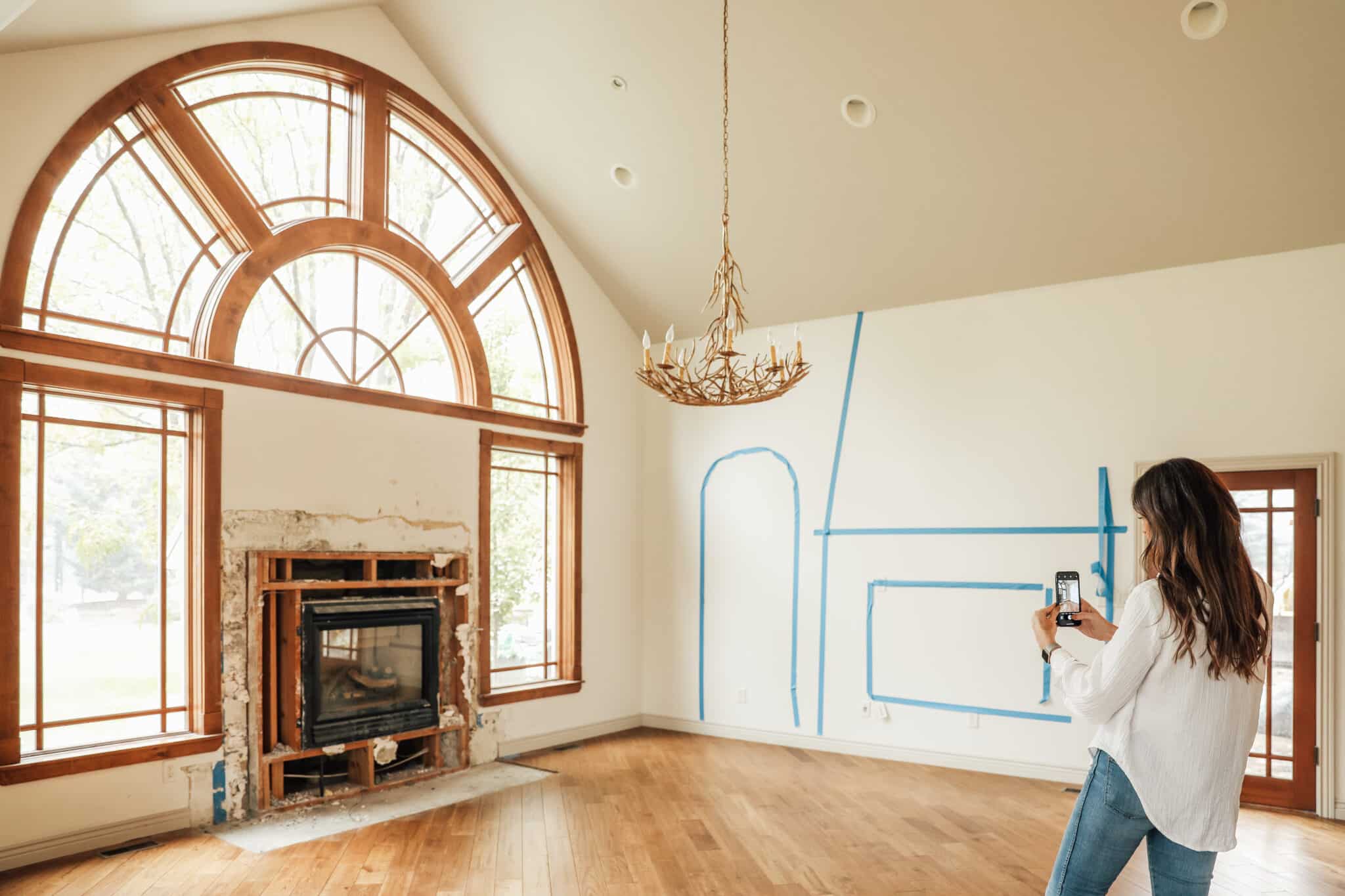
Budgeting gets a bad rap, doesn’t? It’s a word that feels like it actually means “restriction.” That’s how we used to feel, at least. But over the years we’ve learned that sticking to our goals and making progress is less about a “budget,” and more about creating new habits to guide spending and ensure we feel confident in our decisions – never second guessing a penny spent. Sure, it takes some discipline and, yes, compromise, but creating a plan gives you permission to spend your money in the way you decide is best! It’s not just about spending less – it’s about seeing the possibilities.
But how do you actually start creating new money habits? The thing that shifted it for us was leaning on YNAB’s four simple habits and app. For the past several years, we’ve made these habits part of every money conversation we have (we have a weekly standing money meeting together!) because they get us thinking about what we want our money to do before we spend it.
YNAB’s Four Habits
Give every dollar a job: Every dollar that comes in is given a specific task. “Musts” come first, of course, like bills, groceries, and the mortgage. Many money plans stop there and whatever is left is viewed as “extra.” We've learned that’s a dangerous game and sets you up to feeling like you have more to spend than you might, running out of that “extra” pretty fast. Instead, keep assigning every dollar a job until the “extra” comes to $0. And don’t worry – you can give those dollars fun jobs, like date nights, wardrobe expansion, or new sconces for the entry! When you give every dollar a job, you can spend on the things you want without stress or guilt because you know your bills are covered.
Embrace your true expenses: Not every expense comes monthly. Car registrations, veterinary visits, birthdays, HOA fees – assigning money every month to go into this pool makes sure that the unexpected or often forgotten expenses don’t throw off your progress. You’ll sleep better knowing that you have these things covered without worrying about the credit card hangover.
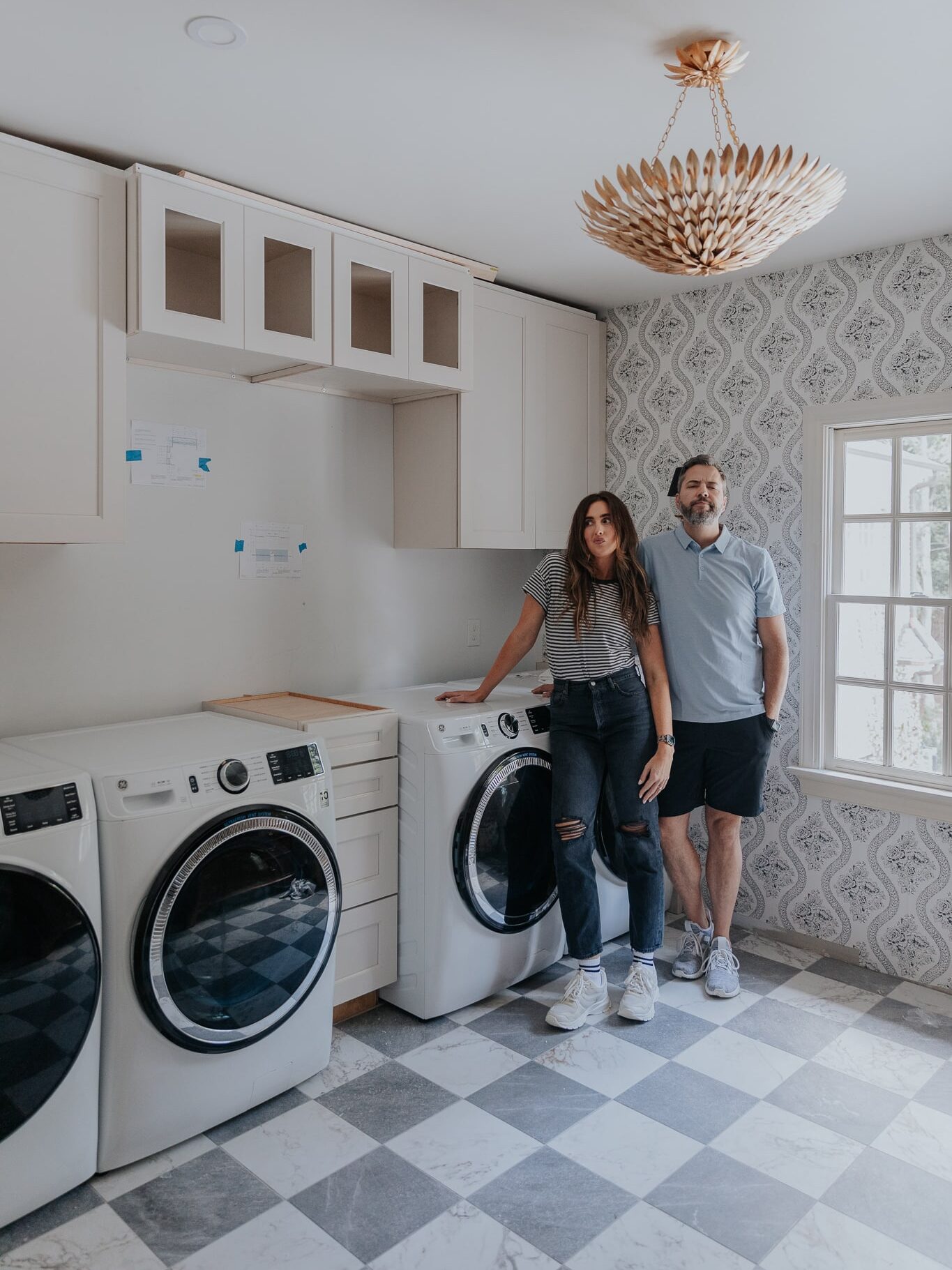
Roll with the punches: Of course, no amount of planning will guarantee smooth sailing. Circumstances change, and plans change with them—this is probably true with money more than anything. When a surprise expense hits, or you’re having an “I-can’t-cook-tonight” kind of day, don’t sweat it—just give your dollars new jobs. Remember, you’re the boss of your money and changing the plan doesn’t mean failing. It’s adapting! We've had to roll with a lot of punches when it comes to renovation--it's almost ALWAYS more than we expected.
Age your money: Take the first three habits, rinse and repeat. Over time, you’ll start to increase the time between when you earn your money and when you spend it and you’ll realize that you have money waiting for bills, instead of bills waiting for money. And those areas of life that feel a little more “fun” – well, more and more of your dollars get to take their assignment there.
Let’s be honest, money conversations can be hard. And sometimes you can feel like you don’t know where to start to make a change. For more tips and tools, YNAB offers a wealth of FREE resources and education to help you start building new money habits today. Try the app free for one month — no credit card required — at www.YNAB.com.
Leave a Reply
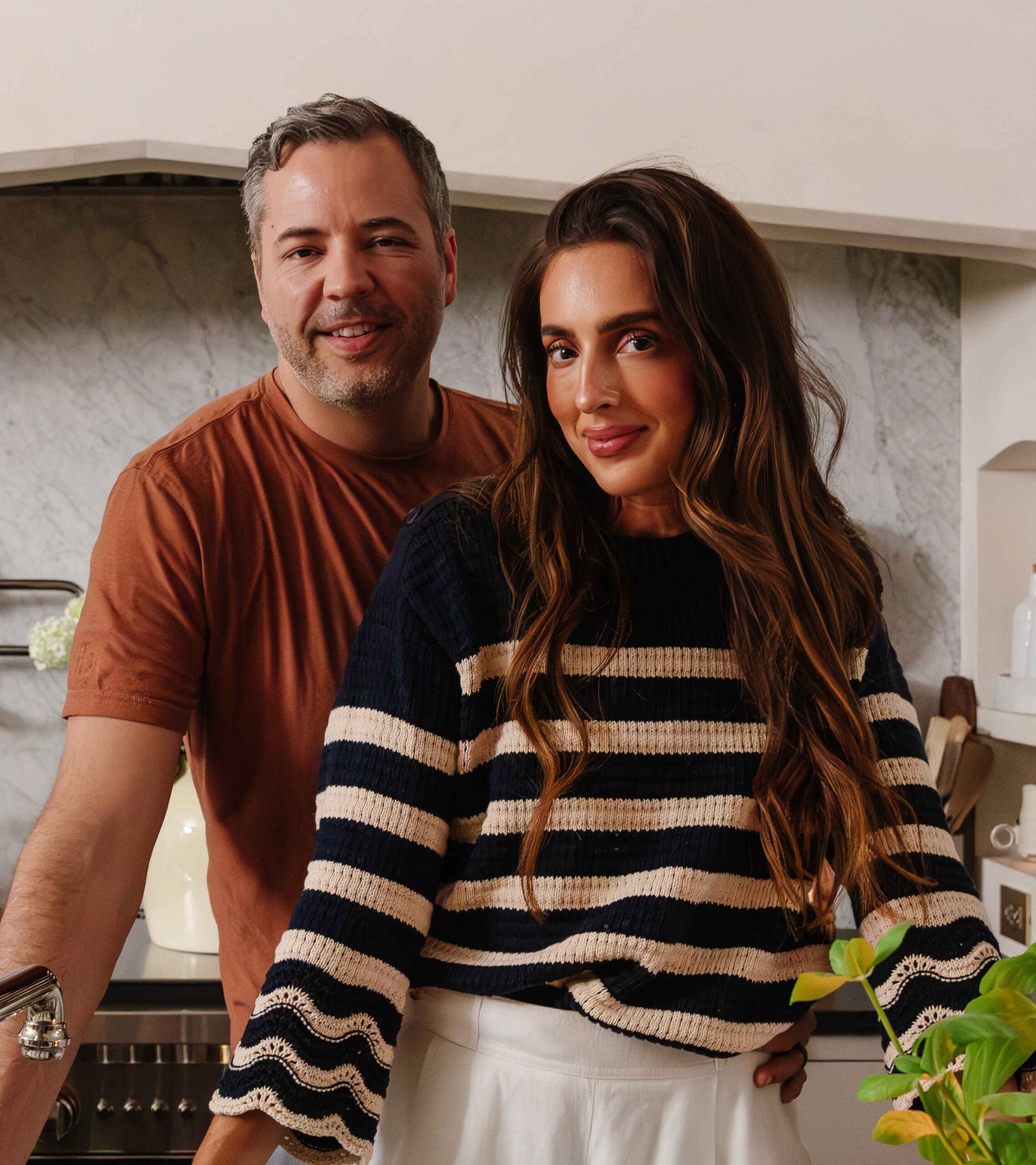
WE'RE CHRIS + JULIA

Portfolio

Projects


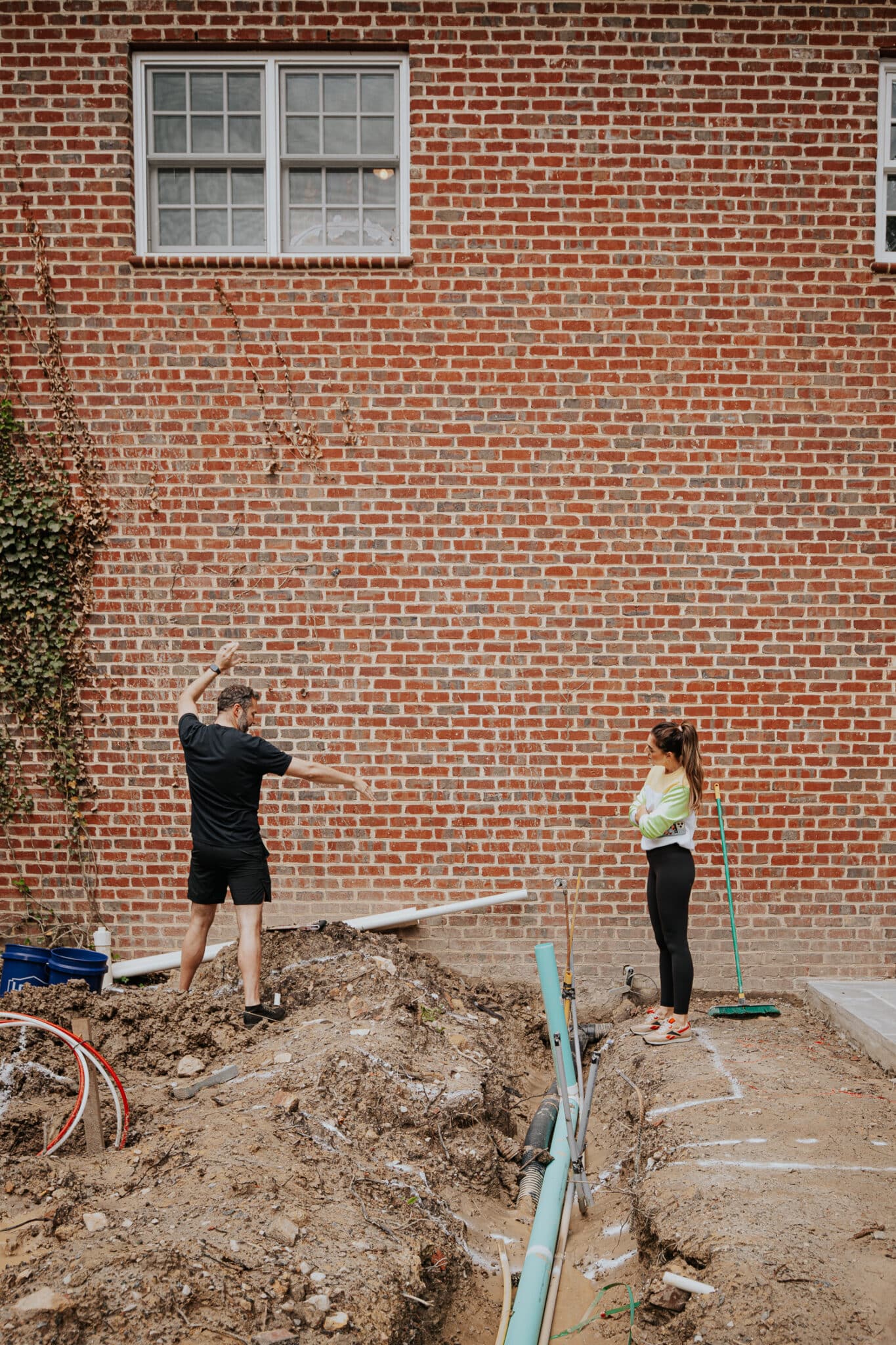





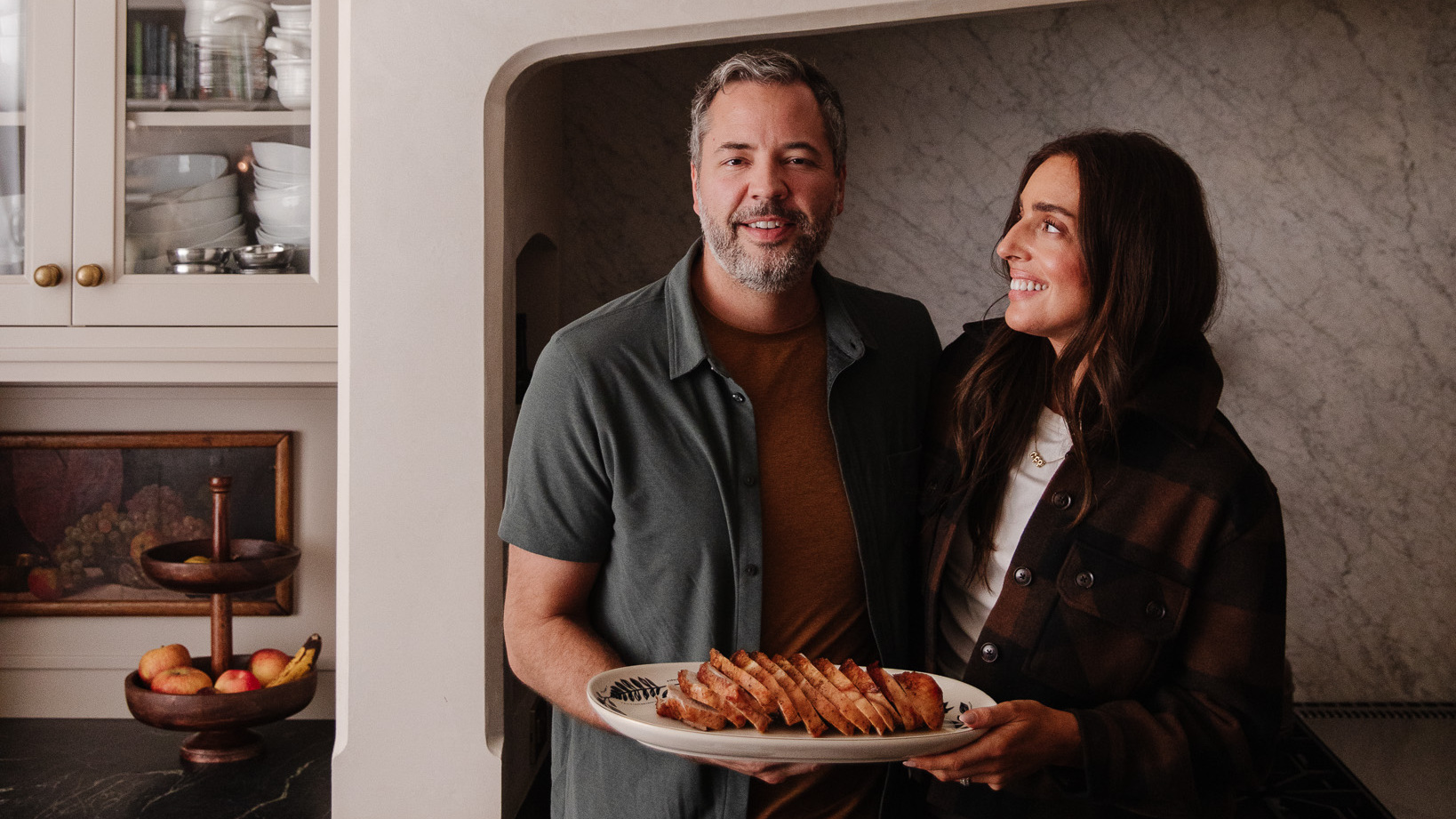

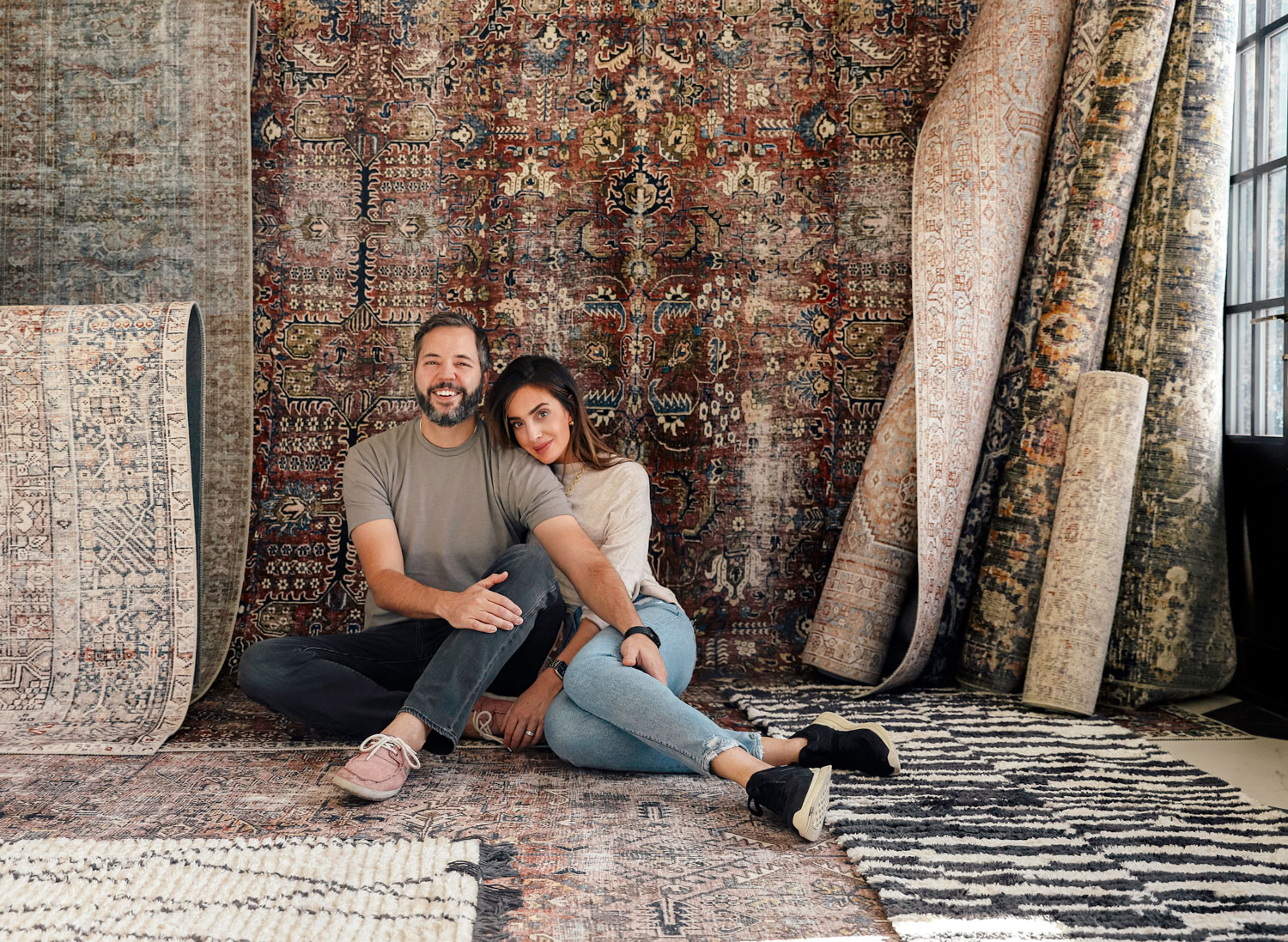
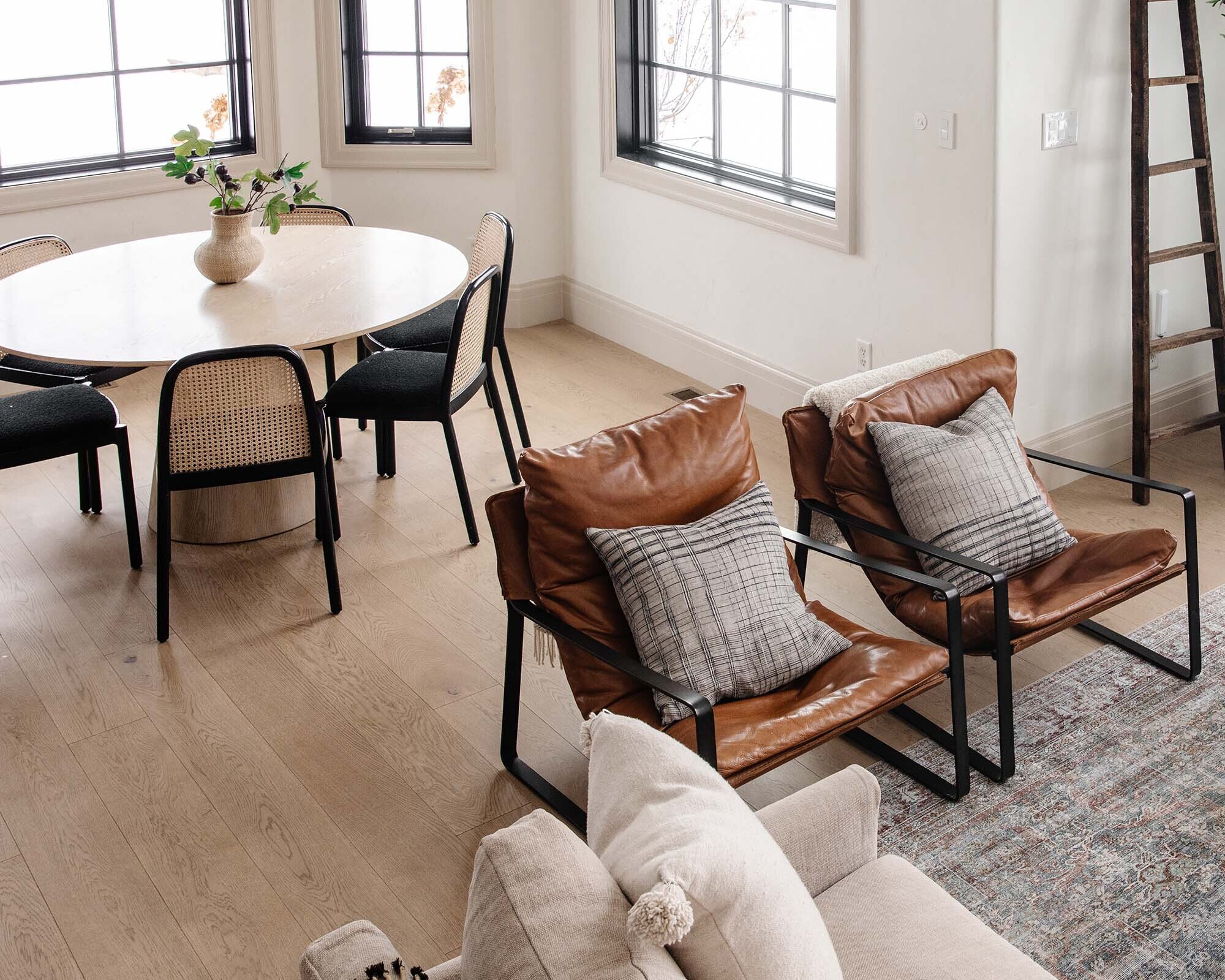


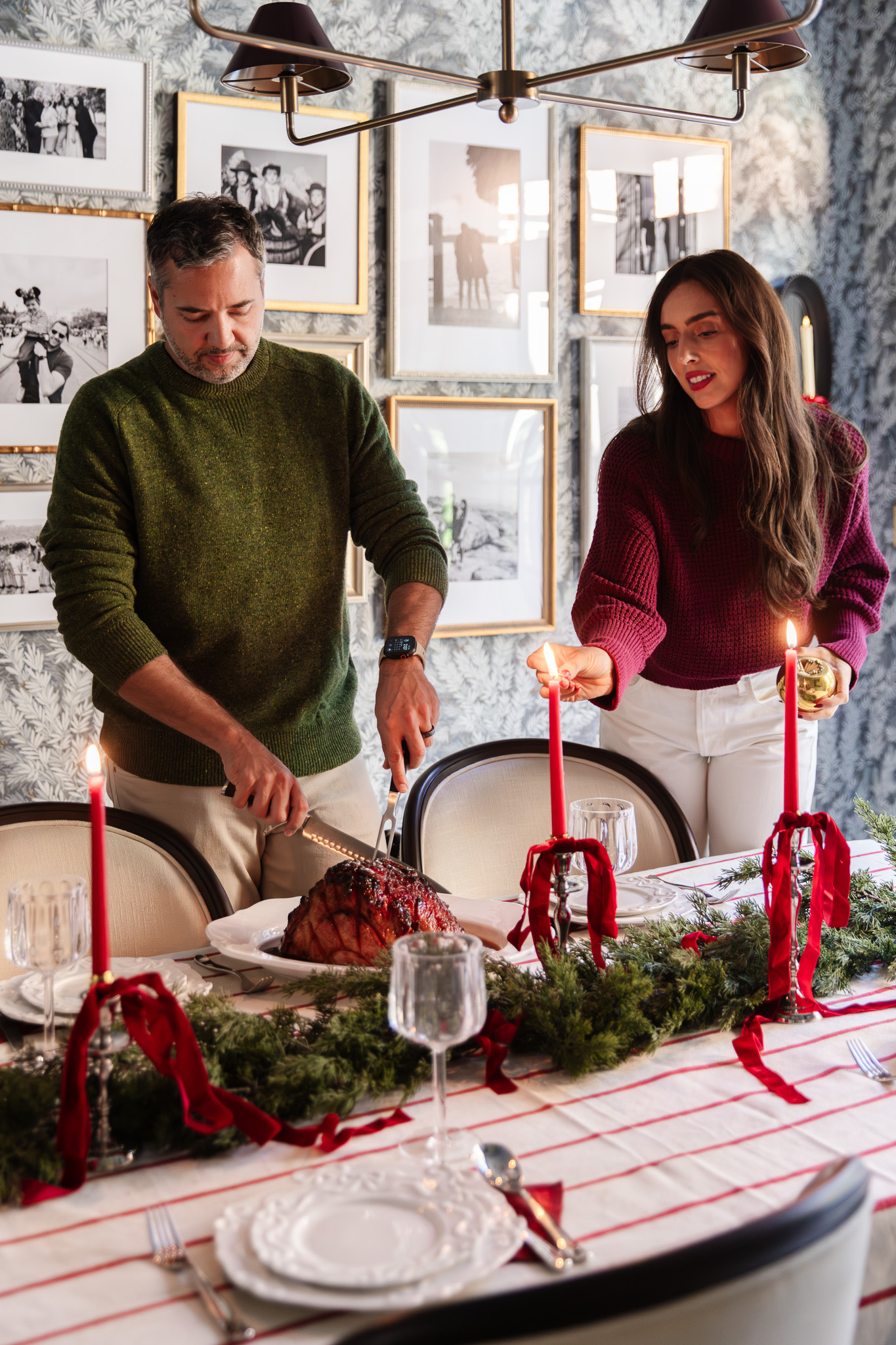







Great article. The standout tips are prioritizing needs over wants and zero based budgeting. When you make a budget and give every dollar and penny a job and a placement it will become incrementally easier to save more money. But that takes a lot of discipline and over 50% of Americans are financially illiterate. (I used to be as well) It takes dedication to keep to a budget and self-correct bad spending habits.